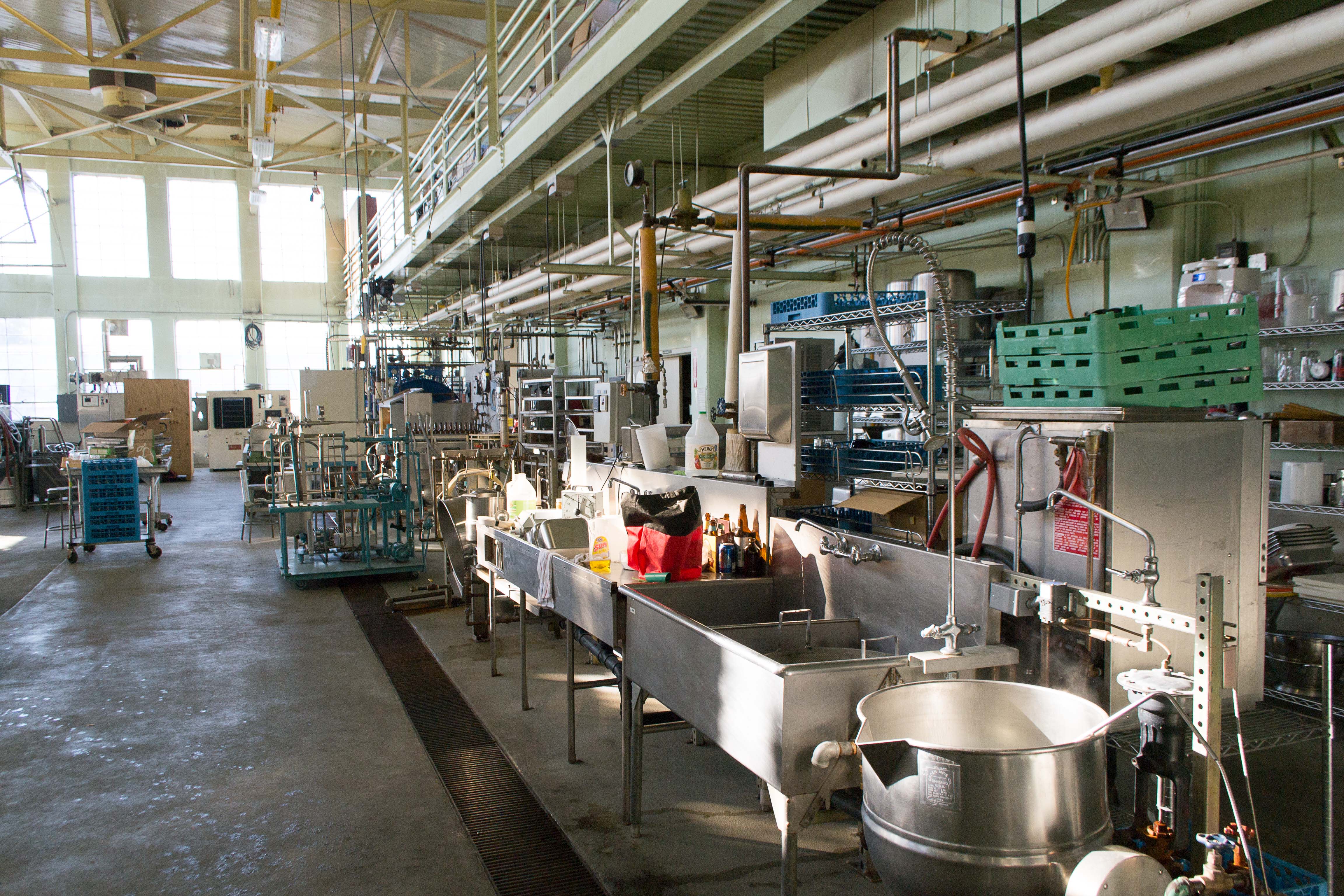
Photo from academic.microsoft.com
ABSTRACT Although a major contributor to environmental degradation and global climate change, most city administrators, policymakers and regulators do not hold restaurants accountable for their adverse impacts. New policies with… Click to show full abstract
ABSTRACT Although a major contributor to environmental degradation and global climate change, most city administrators, policymakers and regulators do not hold restaurants accountable for their adverse impacts. New policies with incentives are urgently needed that leverage existing drivers of sustainable innovation. Using innovation adoption and planned behavior theories, a path analysis model is developed to evaluate the current level of sustainability in the restaurant industry and reveal the predictors of future sustainability behavioral intention. The results show that three predictors ‒ past experience, perceived behavioral control, and perceived innovation characteristics ‒ largely determine whether restaurants engage in sustainable innovation in the future.
Journal Title: Journal of Foodservice Business Research
Year Published: 2019
Link to full text (if available)
Share on Social Media: Sign Up to like & get
recommendations!